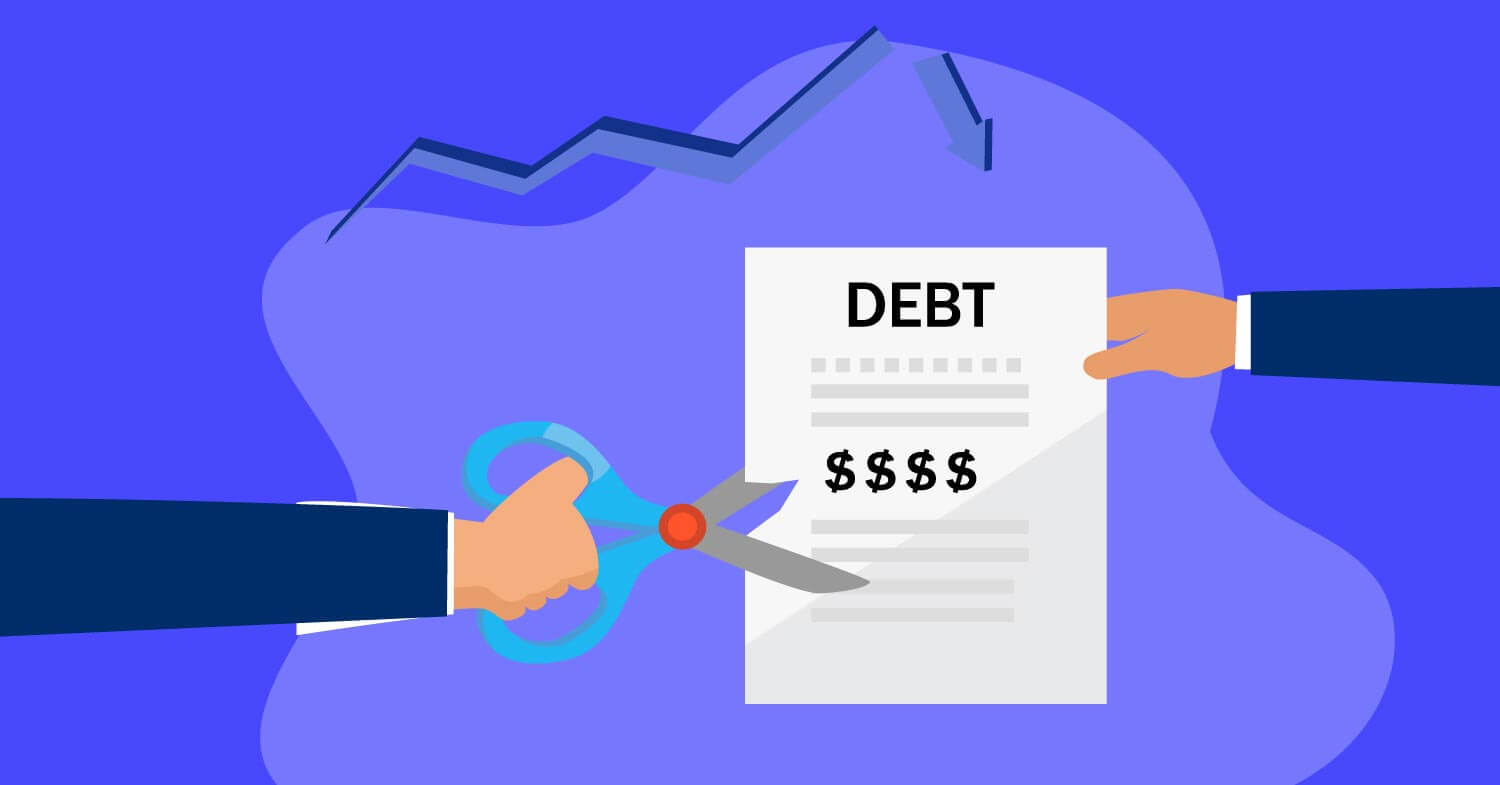Estimated reading time: 5 minutes
No financial institution wants to deal with overdue debts, especially when a payment is long overdue and becomes a bad debt. However, essentially any company that extends credit has to deal with collections at some point or another. Some creditors may try to do fdcpa first-party collections through an in-house collection branch. If a financial institution is able to maintain relationships with their customers and handle the collections process on their own, this is the best scenario for all parties.
In situations in which financial institutions don’t want to handle debts themselves, they may bring in outside collection agencies for third-party collection. While this allows for creditors to focus their efforts on other parts of their business, it frequently takes a long time for third-party collection agencies to collect on debt, if they even can in the first place. If creditors want to get rid of a debt quickly and cut their losses, they may sell their debt to a debt buying business.
What is a debt buyer?
A debt buyer is a third-party company that buys debts from other companies for a fraction of the total debt. When debt buyers collect on the debt, all the money they collect is theirs to keep or they work out to keep a certain % of the recovered money. Companies often sell debts to debt buyers when a debt is very long overdue and there’s a lower chance it will be paid back. Usually, the longer a debt goes unpaid, the less a debt buyer will have to pay for it. Debt buyers may buy large portfolios of debt at a time, and when they purchase the debt, it is entirely theirs to deal with.
Who sells debt to debt buyers?
Any company that extends a line of credit can sell debt to debt buyers — commonly financial services businesses like banks, credit card companies, and credit unions. Creditors usually sell debt when they decide that a debt is unlikely to be paid and want to cut their losses as much as possible. These creditors tend to be smaller companies who have fewer resources and need a quicker return, even if the return is significantly less than they would be making by collecting on the debt themselves. However, larger companies sell debt in certain situations as well. For example, companies may sell debt if they want to avoid the time and money involved with bringing in third-party debt collection agencies.
What does a debt buyer do?
Debt buyers buy debt from other companies and try to collect on the debt to bring in profit, but this can be a complex and challenging job. Because debt buyers buy debts from other companies, one of the first things they need to do is perform due diligence on the debt they’re buying and who they’re buying it from. Debt buyers will want to know exactly what kind of debt they are buying and weed out uncollectible records to ensure they can legally collect on the debt. Debt buyers also need to make sure the debt is being sold at a fair price, as well as perform a business records search with risk assessment to minimize the risk.
Once debt buyers do their due diligence and buy the debt, their next task is to skip trace debtors. Because the debts that debt buyers purchase are often delinquent, tracking down debtors can be particularly difficult. These individuals may be avoiding collections, which means debt buyers will need to use a variety of skip tracing tools to track them down. Sometimes, tracking down debtors can be as simple as searching addresses. However, addresses aren’t always up-to-date and debtors may be on the run. In these cases, debt buyers may need to reach out to relatives, business associates, or friends of the debtor to uncover the debtor’s whereabouts. They may also need to search other alternative avenues, like social media, to glean insight into a debtor’s recent locations so they can make guesses as to where they may be currently.
After a debt buyer successfully finds the debtor, they need to get in contact with the debtor in order to collect.When debt buyers contact the right party directly, they can work with the debtor to establish the best method of payment and better ensure the debtor follows through on their payments.
What tools do debt buyers use?
Debt buyers use a number of different tools to successfully buy and collect debt, however one of the best debt buying tools is a public and private records database like Tracers. Tracers data can help debt buyers at every step of the debt buying process. Debt buyers can do their due diligence on a company with tools like a business records search, which provides records like UCC filings, as well as weed out uncollectible records with a deceased people search and bankruptcy filing search.
Tracers is also one of the best skip tracing databases. Along with an address search, Tracers provides names of relatives, a social network people search, and a utility search by address, which can all be used to track down debtors who can’t be located at addresses provided in traditional public records. To help debt buying companies achieve right-party contact, Tracers provides up-to-date contact information that is cross-checked across a variety of different sources. Debt buying companies can use phone appends to find phone numbers of debtors with only their name and address, or access reverse cell phone information to find addresses and other records associated with a debtor if they only have a phone number.
Whatever information you need for your debt buying business, Tracers comprehensive public and private records database can provide it. interested in seeing how Tracers powerful data can help you buy and collect debt more effectively and efficiently? Get started with Tracers today.

